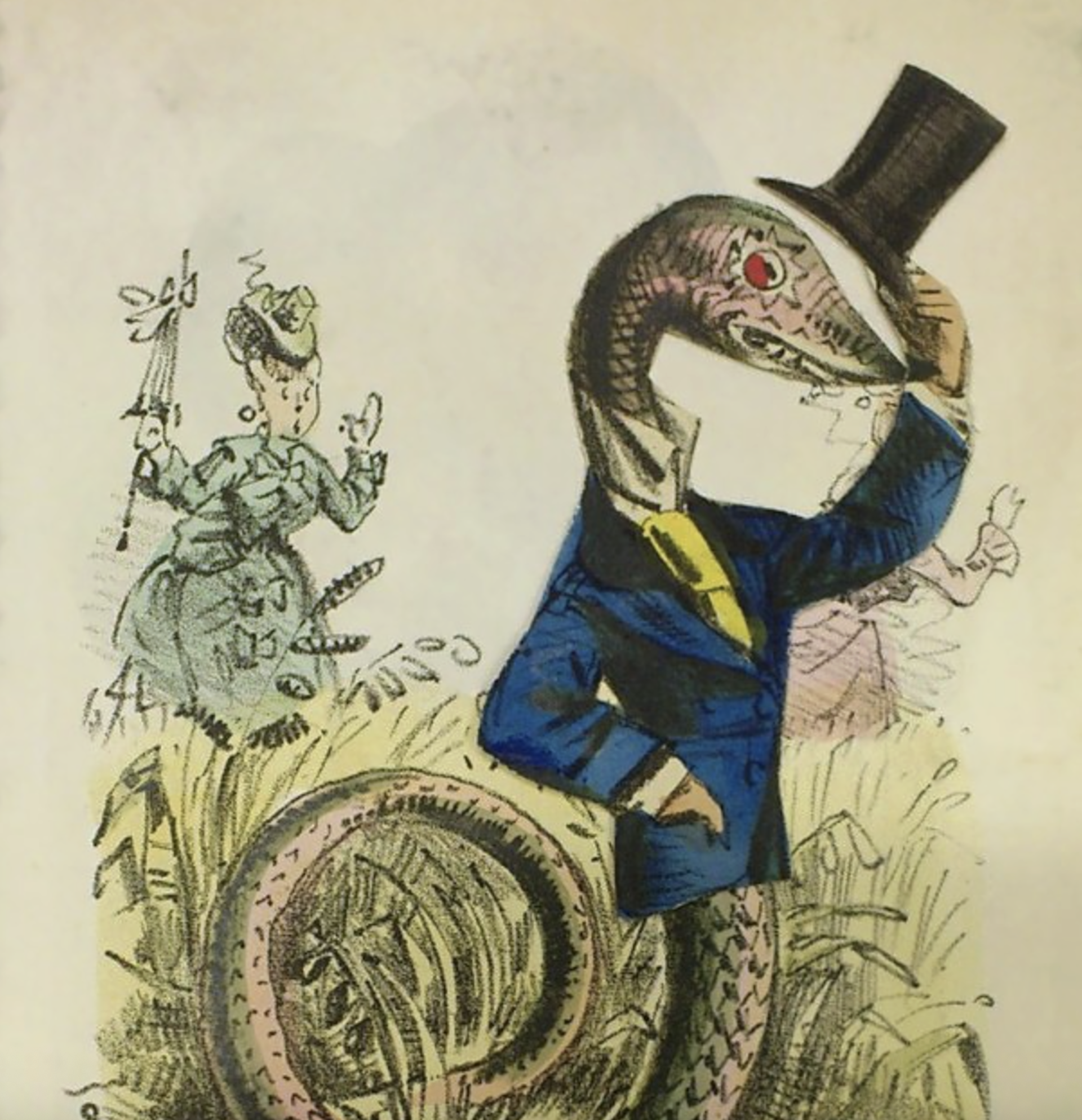Why United's culture needs to loosen up to avoid more PR fiascos
United Airlines' recent stumbles suggest its culture is too 'tight' and constrained by rules, leaving employees little room to make judgement calls.
Is there something wrong with the culture at United Airlines?
A series of recent incidents have reinforced this view, from the horrifying moment when security officers violently dragged a passenger off a plane in April to a more recent incident in which an airline employee canceled a man’s flight after he began taping their heated exchange.
The airline has reacted to its PR debacles by profusely apologizing and vowing to revise its customer service policies. But changing a few rules won’t be enough. Our research suggests the critical source of United’s failure is its overly “tight” organizational culture.
“Tightness” describes a specific type of workplace culture, one that’s filled with rules so absolute that employees must follow them to the letter. In contrast, when an organization has fewer standardized rules, entrusting workers to improvise on the job, it has a culture of “looseness.” Think startups like Airbnb, where employees bring their dogs to work or take impromptu breaks in a spaceship-themed game room.
United is at the opposite end of this continuum. And simply put, if it does not curtail its tightness, we can expect more turbulence ahead.

A high-threat industry
Our research shows that most differences between tight and loose cultures – whether among nations or companies – can be explained by their perception of threat.
When entities face potential danger and require a tremendous amount of coordination, they are more likely to tighten up and establish strict rules. For example, Singapore, with its population density of over 18,000 people per square mile and lack of national resources, needs more rules for survival. It’s one of the reasons why citizens are fined incessantly for spitting and playing loud music, and why they ban chewing gum.
Countries that have fewer existential threats, like New Zealand, require less coordination and can afford to be more permissive, adaptive and innovative. Those unfamiliar to New Zealand might be bemused to visit and see people walking barefoot in banks or witness the “National Wizard,” appointed by a former prime minister to cheer up the population, chanting spells for rugby games and hatching himself from gigantic eggs.
The tight-loose distinction doesn’t just apply to nations, though, the same logic applies to organizations.
United has a tight culture for understandable reasons. It operates in a high-threat industry where mistakes can mean death. Annoying reminders about mundane matters like how to use a seat belt reflect this relentless commitment to safety procedures. And many federal regulations govern what airlines can do and even say.
Other high-threat sectors such as nuclear power plants, the military and the police have cultivated similarly tight organizational cultures. And for good reason: We don’t want our surgeons, soldiers or pilots to take a free-spirited approach to their jobs.
But excessive tightness can also be highly detrimental. Left unchecked, organizations can become overly repressive, with employees having very little discretion and blindly following rules. United clearly took its tight culture too far.
Following the ‘book’
Returning to the April incident that sparked United’s problems, why did no crew member step up to deescalate the situation before David Dao was dragged away? From a tightness perspective, the answer is clear: Employees were all following the “book” and too fearful to challenge company protocol.
United workers, according to insiders, quickly learn that challenging rules risks getting fired. A former United executive told the Wall Street Journal that CEO Oscar Munoz, until this very incident, probably had no idea “how rule-based the employees are.” In other words, the tightness at United became too extreme.
Beyond its settlement with Dao and its public apologies, United must grapple with a far deeper challenge: how to create a culture that is adaptively tight. What we mean by this is a culture that balances the need for rules and coordination to minimize danger with the strengths of a loose culture that can adapt when the status quo is not working.
Munoz’s efforts to respond to its problems so far include testifying before Congress and publishing a report last month listing the changes the airline will make to company policies. In another reassuring sign, Munoz told ABC that he plans to provide employees with “the proper tools, policies, procedures that allow them to use their common sense.”
United also announced that it will create an external “customer solutions team” that specializes in providing creative answers to crew members dealing with challenging situations.

Loosening up
While laudable, these initiatives are not sufficient to transform United’s organization on a cultural level, something that happened to JetBlue in 2007.
The airline infamously kept passengers on a plane on the tarmac for as long as 11 hours due to a weather-related delay, an incident that pushed the airline to reevaluate its corporate culture. It began by restructuring to empower low-level personnel. Flight attendants, for instance, are now authorized to solve customer service issues on their own without consulting rules or superiors if they can be easily resolved.
While mistakes will still be made, introducing looseness into employee training enabled the company to better adapt to customer needs and improve services.
Giving up control is a challenge for tight cultures, but luckily, this does not mean United must throw out all its rules. The fact is many of the rules that induce its cultural tightness deliver efficiency and keep passengers safe.
Moderation is key. Where possible, United should assess its protocols and see where it can introduce more discretion, empowering workers to be adaptive.
Introducing looseness into a traditionally tight culture can be fraught with turbulence. But with lasting commitment from senior leadership, it can be done.
The authors do not work for, consult, own shares in or receive funding from any company or organization that would benefit from this article, and have disclosed no relevant affiliations beyond the academic appointment above.
Read These Next
Held captive in their own country during World War II, Japanese Americans used nature to cope with t
Incarcerated in rough barracks surrounded by barbed wire and armed soldiers, Japanese Americans made…
Valentine’s Day cards too sugary sweet for you? Return to the 19th-century custom of the spicy ‘vine
Victorians found a way to anonymously tell people they didn’t like exactly how they felt.
Philadelphia was once a sweet spot for chocolatiers and other candymakers who made iconic treats for
Goldenberg’s Peanut Chews, Goobers and Whitman’s Sampler boxes of chocolates are just a few confectionary…






